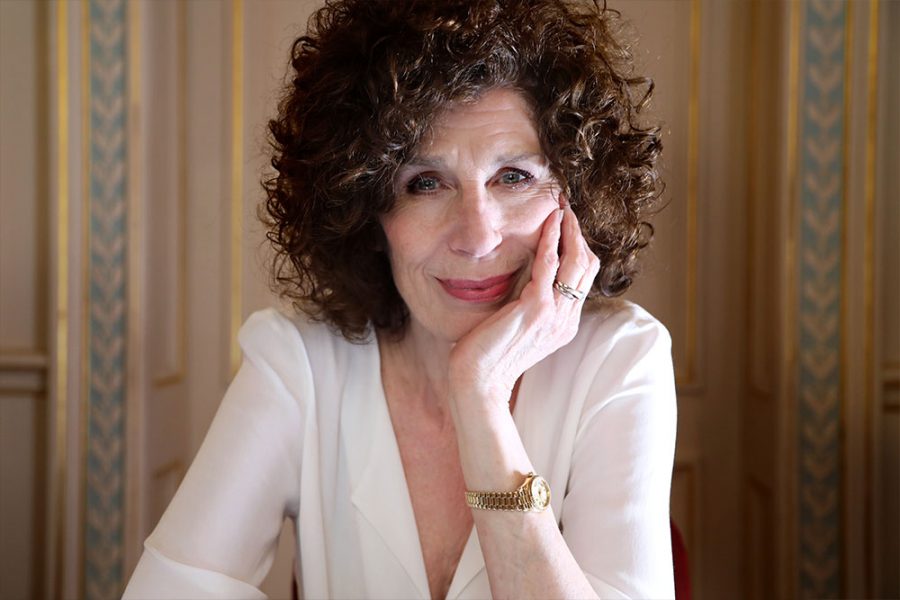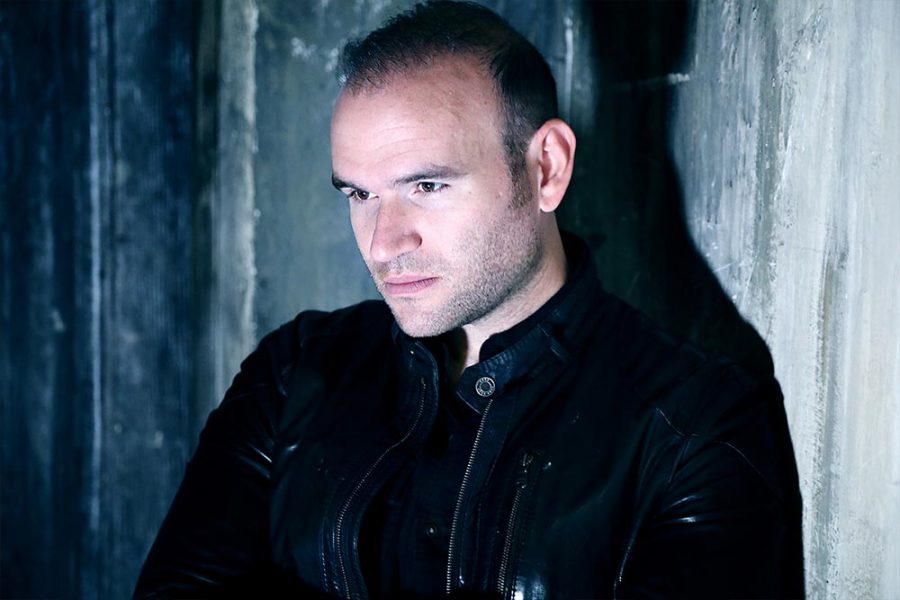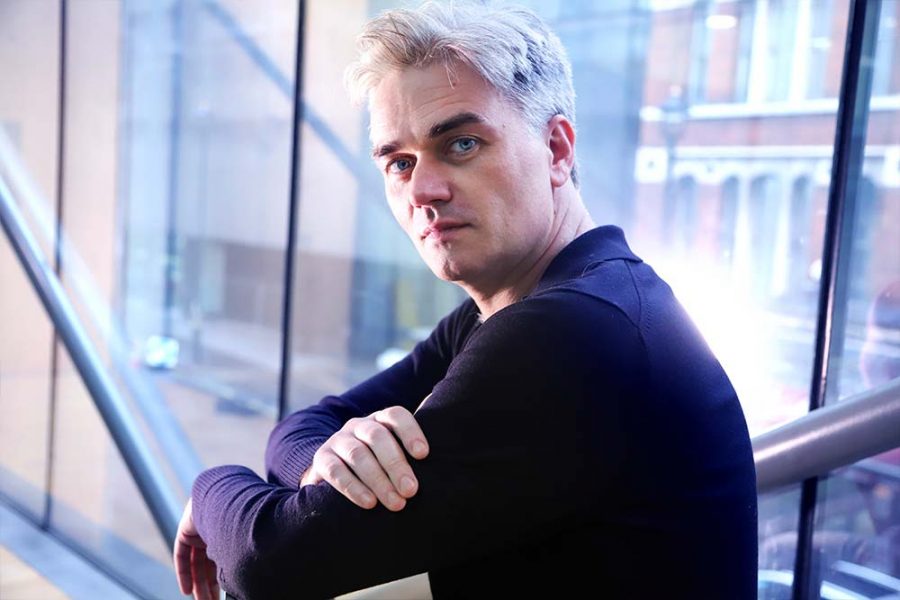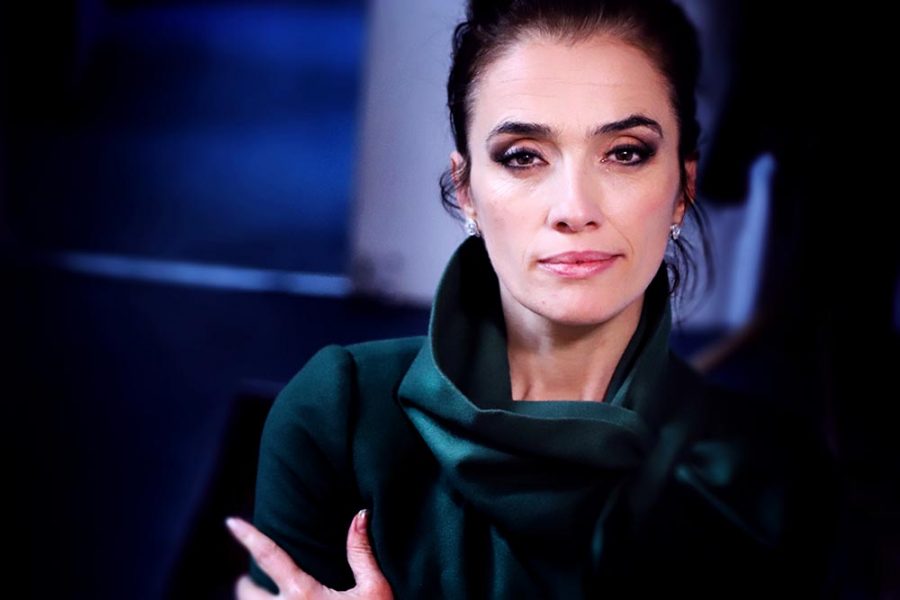The Art of Risk with Kristine Opolais

June 2019
Interview and photos by
Frances Marshall
Share this article
Known as “haunted and focused” Kristine Opolais brings a breath of fresh air to the operatic stage.
Her unapologetic performance style and ability to portray herself through her heroines has her comfortably placed as one of the most sought after international sopranos today. In this honest and humble interview with Final Note Magazine, Opolais talks jealousy, risk taking and redefining the idea of an operatic singer.
Most importantly, I’ve no interest in making beautiful sounds, my voice doesn’t drive me in the slightest and it’s a small part of my expression. I’m an actress first and the voice follows."

Are you a real life Tosca?
(Laughs) Yes, I am very jealous! I can relate to every part of her role and I adore her. Some people say that when you’re truly in love with someone you’re not jealous, but I’m the complete opposite. When I’m in love I’m extremely jealous and when I’m not, I couldn’t care less. Tosca is almost defined by her jealousy and she has every right to be. I’m not saying that I’m a killer (laughs), but I understand her passion and envy. The other side to her is that she’s strong and some productions miss the opportunity to bring her complete role to the stage. When she’s done right, she’s an extremely sexy and sensitive heroine.
Tell us about your approach to building a character.
My process is that I imagine that everything is happening to me, I’m not Kristine, I’m Tosca through my eyes and I feel absolutely everything she has gone through. Our personal reactions are very unique to who we are, so my performance and reactions should be different to another singer and vice versa. I need to feel the pain to then understand the problem.
Most importantly, I’ve no interest in making beautiful sounds, my voice doesn’t drive me in the slightest and it’s a small part of my expression. I’m an actress first and the voice follows. If I have to say something nasty with bad energy, then that cannot be beautiful. If you want to just sound beautiful, save that mentality for the recording, but keep it away from the stage.
What happens if you can’t relate to a character?
I’ve done it in the past and I won’t do it again, I can only bring myself to a role. When it did happen I found that I just got lost in the staging, I was very unhappy and I couldn’t make it work. My process doesn’t allow me to work that way and I have to accept that. Now I’m strong enough to say ‘no’.
Where does your head go when you perform?
I’ve definitely evolved. I was very nervous in the past, but today even though I’m still nervous, I’ve realised that those nerves are so important. You cannot be relaxed when you go on stage, if you’re not afraid then there’s something very wrong. Ironically the nerves comfort me.
Earlier in my career I was extremely sensitive to the energy of the audience, which is great when it’s a good audience, but if it’s a tough crowd it can really affect your performance, so I had to fix that. Today, I walk on stage and I completely transport into the character. I’m no longer me and the audience isn’t there. In my mind, as strange as it sounds, I’m performing to two big eyes looking at me. It feels like one big force watching me and keeping me safe. I feel like nothing can go wrong so I can completely let go and bring my character alive. The connection is so strong that when the curtain falls that force disappears and I get a profound sense of loneliness.
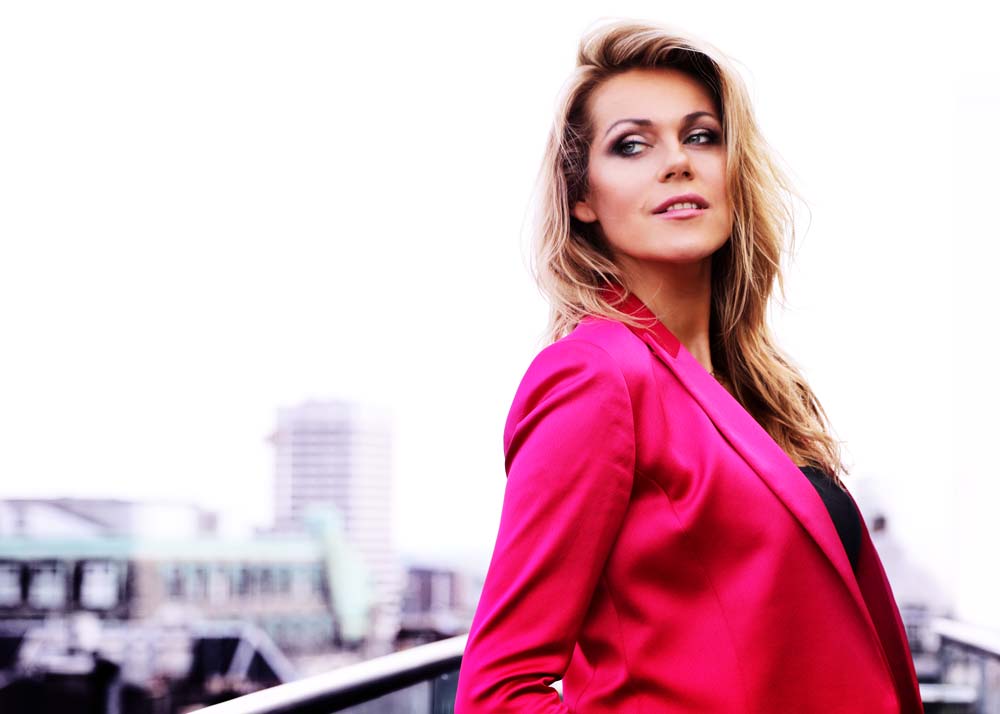


I have a survival instinct that I can't turn off. Sometimes it has worked against me, but most of the time it's my biggest strength."

You are a disruptor on the operatic stage, your performances are unapologetic and full of fire. Where does this energy come from?
There was a lot of shit in my past, that’s the only word I can use to describe it. Today I can only say that I’m thankful for my experience as I really know what ‘bad’ is. Ironically, it’s a gift because what upsets others doesn’t affect me. I have a survival instinct that I can’t turn off. Sometimes it has worked against me, but most of the time it’s my biggest strength.
Of course there’s been very difficult moments in my career, but it was because of my past that I didn’t fall apart completely. It gives you a compass to go on and to measure a situation quickly. I know danger and I know what it is to suffer – I didn’t need to study to be an actress because I went through all the emotions I’m presenting on stage.
But it can’t all be pain and hurt, you have to be able to feel love and compassion on stage and for that I have my parents as inspiration. I never had to ask for anything, my mother always believed in me and my dad was loving and sweet. I have a suitcase of emotions to choose from and an abundance of life skills.
Renée Fleming has said that you represent a new style of singer, what did that mean to you?
That was after my Rusalka at the Bayerische Staatsoper. I remember her face after the production. I had to roll around in water in a very thin nightdress, it was a challenge (laughs). When Renée said that to me it was an incredible moment because she is the best and most definitive Rusalka. She’s the classic representation of the role and she brought so much beauty to that character. I tend to bring more pain in my interpretations of Rusalka – I relate to her differently because of my life experiences. So to get that approval from Renée meant the world to me.
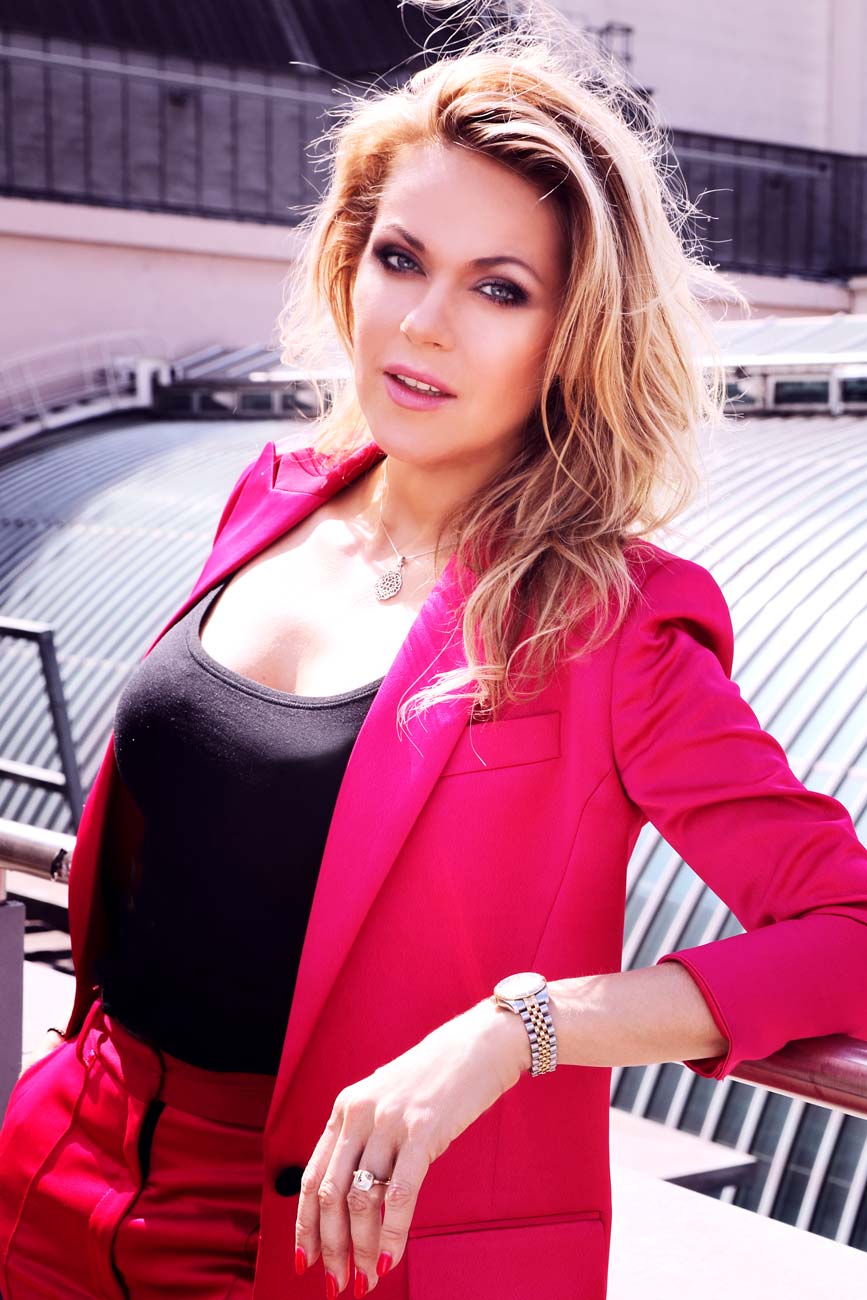


If you don’t take risks, you’ll never drink champagne."

You’ve managed to step in for performances that very few singers would have been able to do. How do you get yourself into the psychological space to get through something so daunting?
I have built my career stepping in, but the most terrifying was at the Metropolitan Opera. I had just performed my debut in Madama Butterfly and I got a call the following morning at 7.30am from Peter Gelb asking me to do La Bohème at midday for the HD broadcast. I immediately said no, what crazy person would have said yes? I had been partying with colleagues after the production (laughs), there was no way I could do it!
When I put the phone down I spent the first minute thinking it was right to say no. I then thought about the good reputation I had at The Met, which I had worked so hard to build. The other massive factor was that it was a live HD broadcast going out worldwide and it would be there forever. I wouldn’t have been able to bounce back if it went badly – the stakes were too high.
But then it was like my mind started talking to me, saying ‘Kristine, when have you ever been so pragmatic?’. I’ve never run from danger, I’ve always run straight through it, so I picked up the phone to call Peter back and before I could say anything he said ‘I knew you’d do it’. I don’t think I’ve ever been so frightened in my life walking to the theatre that morning, it was horrific. I couldn’t remember a single line of text before I went on, I was in complete shock that I’d agreed to this. I stepped onto the stage, I opened my mouth and thankfully it came out.
Where do you draw the line?
Unfortunately, what I’ve learned from this career is that thinking logically will get you nowhere. You have to listen to yourself and trust your gut, it’s all about your intuition. After that step in at The Met, my manager told me to always trust my gut over anyone else because everyone around me would have told me to say no. My decision to say yes that morning was an enormous catalyst in my career – it changed everything. I was born in that moment and from then the contracts came flying in. If you don’t take risks, you’ll never drink champagne.
To find out more about Kristin Opolais see: kristineopolais.com
For details about Tosca at the Royal Opera House:
roh.org.uk/productions/tosca-by-jonathan-kent
All images displayed in this article are subject to copyright.
Share this article


